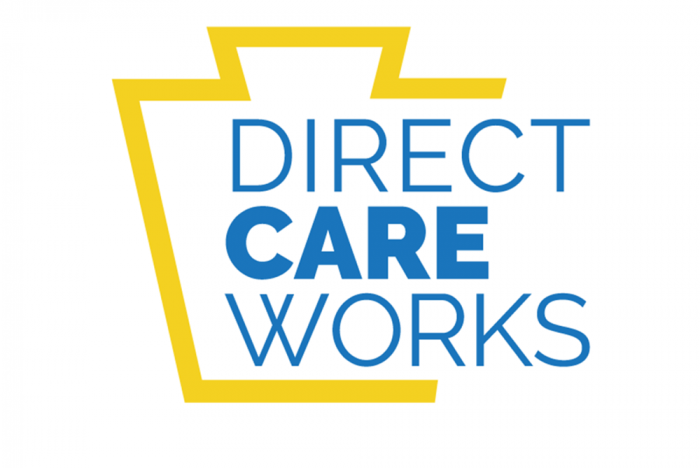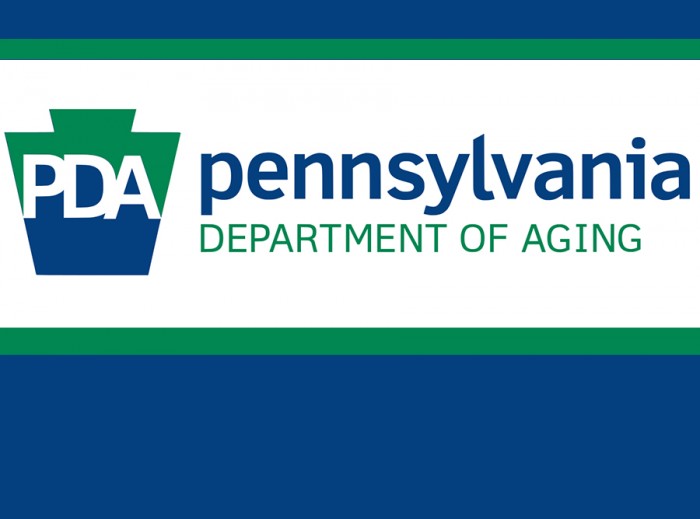FOR IMMEDIATE RELEASE
October 8, 2020
Harrisburg, PA – Department of Human Services (DHS) Secretary Teresa Miller today discussed the measures Pennsylvania is taking to protect individuals with autism, intellectual and physical disabilities and older Pennsylvanians as the COVID-19 crisis continues. She also urged Pennsylvanians to continue to diligently follow public-health guidance in order to protect vulnerable Pennsylvanians who may be more at risk of complications if they develop COVID-19.
“We know that COVID-19 is an especially serious threat and can jeopardize the health of individuals with disabilities, so protecting our most vulnerable neighbors is a collective effort,” said Secretary Miller. “DHS has been doing everything in our power to ensure that the supports that we provide continue uninterrupted. But as we begin to enter winter and flu season alongside an ever-changing public health crisis, I want to reiterate that our continued success in the fight against COVID-19 relies on each of us doing all we can, such as wearing a mask and practicing social distancing, to protect those we know and those we don’t.”
Samantha Dorm, a York County mother whose 19-year-old son Michael Graff is recovering from COVID-19, echoed Secretary Miller’s call for the public to consider the effect their actions can have on vulnerable individuals. Michael has Down syndrome and autism.
“Protecting vulnerable people like my son is a responsibility that each of us carries. If nothing else, the COVID-19 crisis has made it clear that we are all truly connected and dependent on one another. But when people are unwilling to be flexible and make inconvenient changes to their lives – like wearing a mask at the grocery store or avoiding large gatherings – it can cost lives, though it may not be their own,” Dorm said. “The only way we can mitigate the long-term impact of the virus on people with intellectual and developmental disabilities is to embrace the concept of shared responsibility and coordinated action. We are all in this together.”
DHS administers Pennsylvania’s Medicaid program, which helps more than 3 million Pennsylvanians access health care. About 17 percent – or roughly 480,000 people – are individuals with disabilities. These Pennsylvanians access health care and other assistive services primarily through DHS’ Office of Developmental Programs (ODP) and the Office of Long-Term Living (OLTL).
Office of Developmental Programs
ODP supports more than 56,000 individuals with an intellectual disability, developmental disability, or autism — a population that is particularly high risk for contracting COVID-19. ODP is responsible for regulating more than 7,500 licensed settings across the commonwealth.
ODP has adjusted policies to ensure continuity of services during the health crisis and has received flexibilities from the Center for Medicare and Medicaid Services (CMS) to allow for:
- Expanding services that relatives can provide,
- Expanding services that can be offered remotely, and
- Expanded settings where services can be provided to ensure adequate quarantine and isolation space when needed.
DHS has also worked with the Pennsylvania Department of Aging to develop and provide extensive guidance and technical assistance to our providers of community participation supports or ‘day programs’ in order to re-open these facilities. This has allowed for thousands of people to return to services during the day and provides them with enriching activities aimed at promoting health and wellness.
Office of Long-Term Living
OLTL supports individuals with physical disabilities and older adults many who are dually eligible for Medicare and Medicaid with their long-term care needs. This includes more than 371,000 Pennsylvanians who receive long-term services and supports through the Community HealthChoices program and more than 65,000 Pennsylvanians who live in more than 1,200 personal care homes and assisted living residences regulated and licensed by OLTL.
OLTL has ensured that no participant is to be disenrolled from Medicaid, even if they have not completed their eligibility redetermination application. OLTL continues to work with managed care organizations (MCOs) to ensure all necessary services are in place.
It has also received flexibilities from CMS to allow for:
- Personal protective equipment to be added to a person’s service plan,
- Services such as counseling or cognitive rehabilitation therapy to be provided virtually, and
- MCOs to assess clients either telephonically or in person.
OLTL has also adhered to the Department of Aging’s reopening guidance for adult day care centers and the LIFE program. As adult day service providers begin to reopen in parts of the state, participants are given the choice to attend these programs or receive services in their homes.
As flu season approaches, DHS is reminding all Pennsylvanians to get flu shots, especially given the additional risk of COVID-19. DHS will continue to follow guidance coming from the Centers for Disease Control and Prevention (CDC) and the Pennsylvania Department of Health to ensure the continuity of care and protections for the communities it serves.
Secretary Miller acknowledged October as National Disability Employment Awareness Month (NDEAM), which reinforces the value and talent that people with disabilities add to workplaces and communities and affirms Pennsylvania’s commitment to being an inclusive community. Pennsylvanians with disabilities who are interested in employment should connect with the Department of Labor & Industry’s Office of Vocational Rehabilitation or visit ODP’s www.myodp.org and click “Resources” and select “Employment” for various resources. DHS’ employment services are still available to assist people who are working or seeking work, and many of these services can be provided remotely.
“As the economy recovers, it is absolutely critical to ensure that people with disabilities are able take part in that recovery. Workplaces should examine their policies to see which ones are outdated or intentionally or unintentionally excluding individuals with disabilities. They should also actively develop and promote specific employment opportunities for people with disabilities,” said Secretary Miller.
For more information visit www.dhs.pa.gov.
MEDIA CONTACT: Erin James, ra-pwdhspressoffice@pa.gov
# # #


















